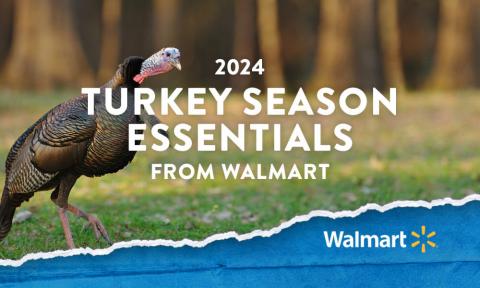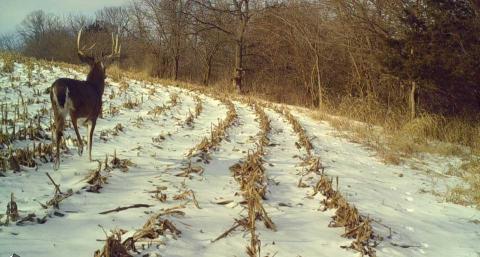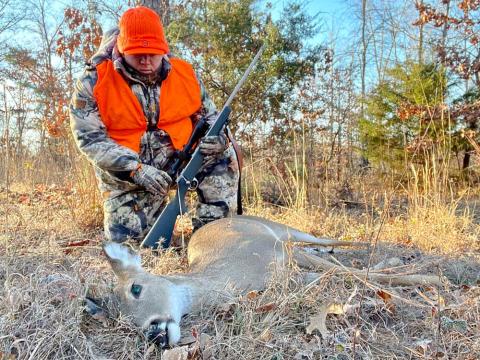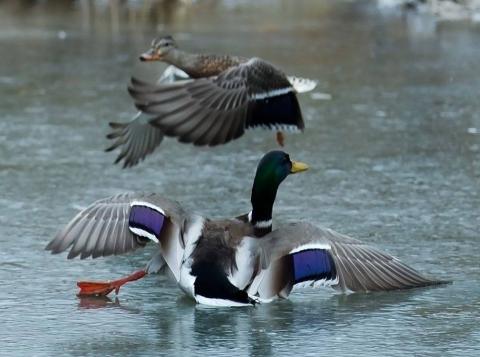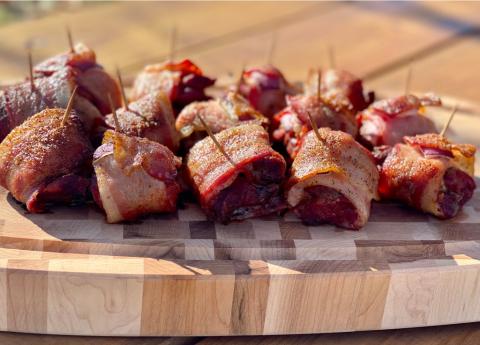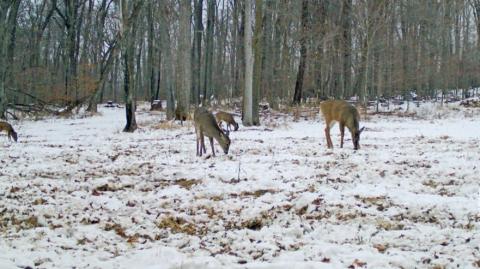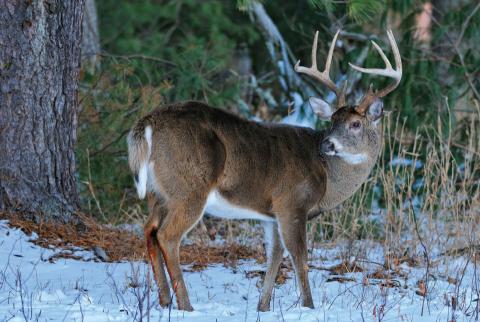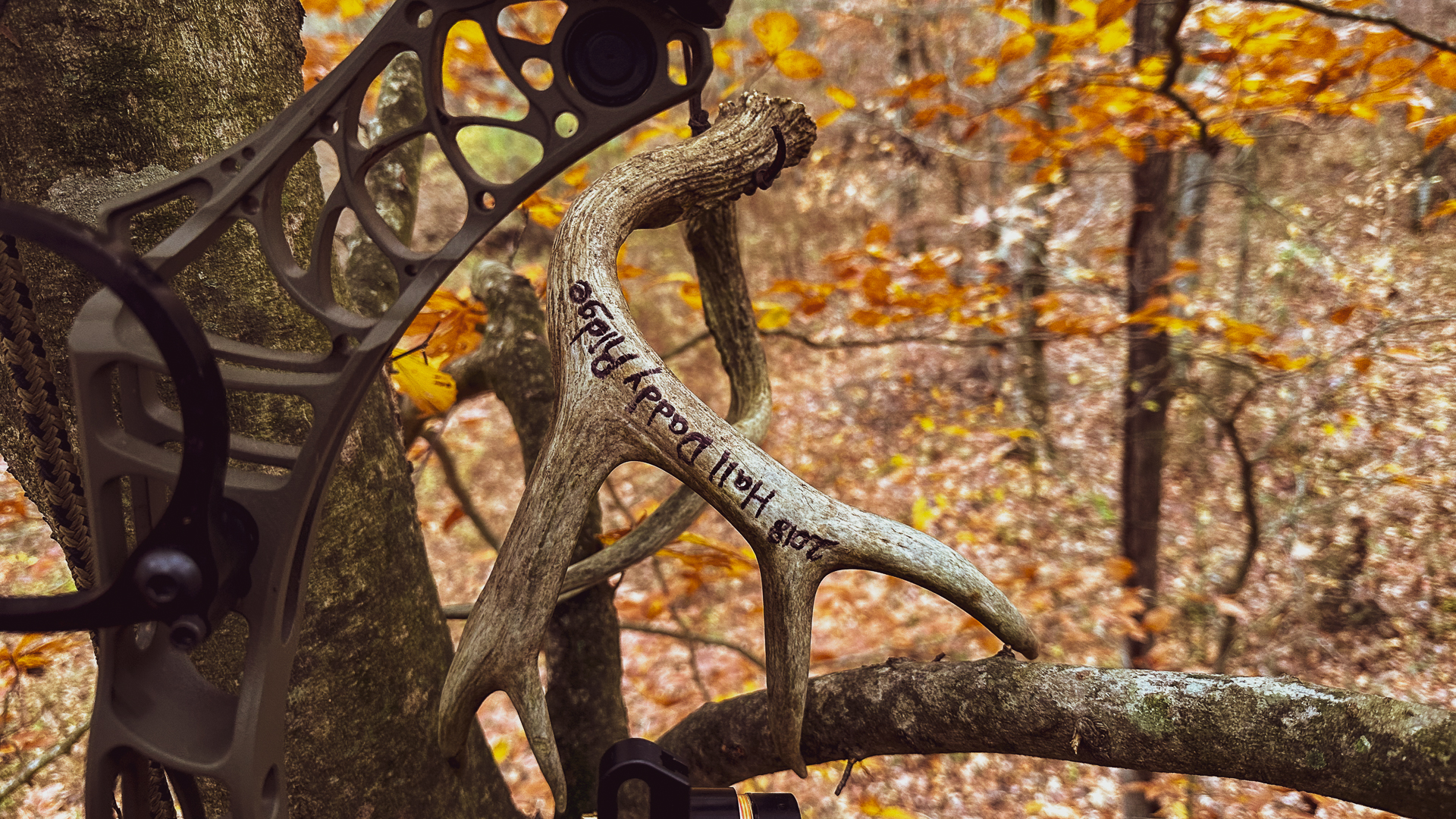Emily Strother
Rabbit hunting is a thrilling activity for both new and seasoned hunters. In this article, we’ll cover a few reasons why you should rabbit hunt.
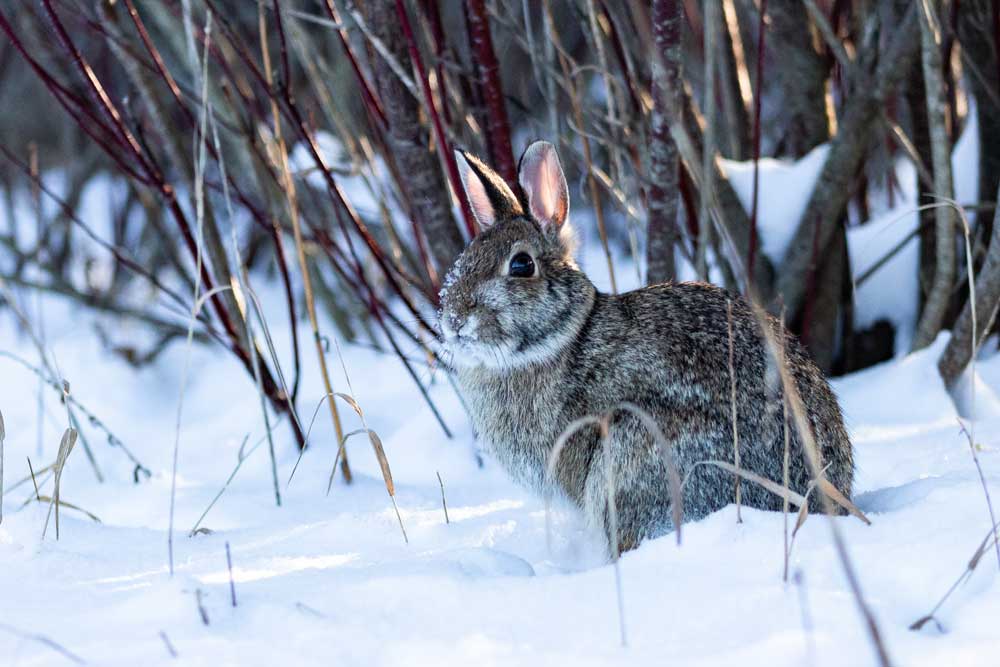
Rabbit hunting is a great way to get back in the woods during the winter lull when deer season has ended and you’re patiently waiting for turkey season to get here. Rabbit season typically takes place in the dead of winter when most other hunting seasons have ended, making it respectively one of the few animals you can hunt this time of year besides predators in most states.
Maybe you’re considering whether rabbit hunting is worth the time and effort, especially if you don’t have a pack of dogs. The short answer is “yes,” and you don’t necessarily need dogs to hunt rabbits. Though, they certainly help. Dogs or no dogs, we’ll cover some of the reasons why rabbit hunting is a worthwhile endeavor.
Rabbit Hunting Is Active and Social
Typically, rabbit hunting involves multiple people, making it a lot of fun because you can be social while moving around the entire time trying to jump a rabbit by rattling brush piles or beating bushes — or following the dogs as they put their sniffers to the ground to jump one for you. You don’t have to sit down and be quiet at any point during the hunt like other types of hunting. Plus, hunting with others increases the group’s chance of success, especially when everyone spreads out to cover ground once the rabbit starts running.
Rabbit hunting is also a sport where you don't have to be perfect to be successful. You are not asking anyone to make a 400-yard shot at a trophy elk. You can also take breaks whenever you want. This all makes hunting cottontails a great sport to bring young and older hunters alike on your next rabbit hunt. The stories told, the memories made and the tremendous table fare will have everyone looking forward to the next hunting season.
Walking, talking, jumping and shooting rabbits. Could there be a more active type of hunting?
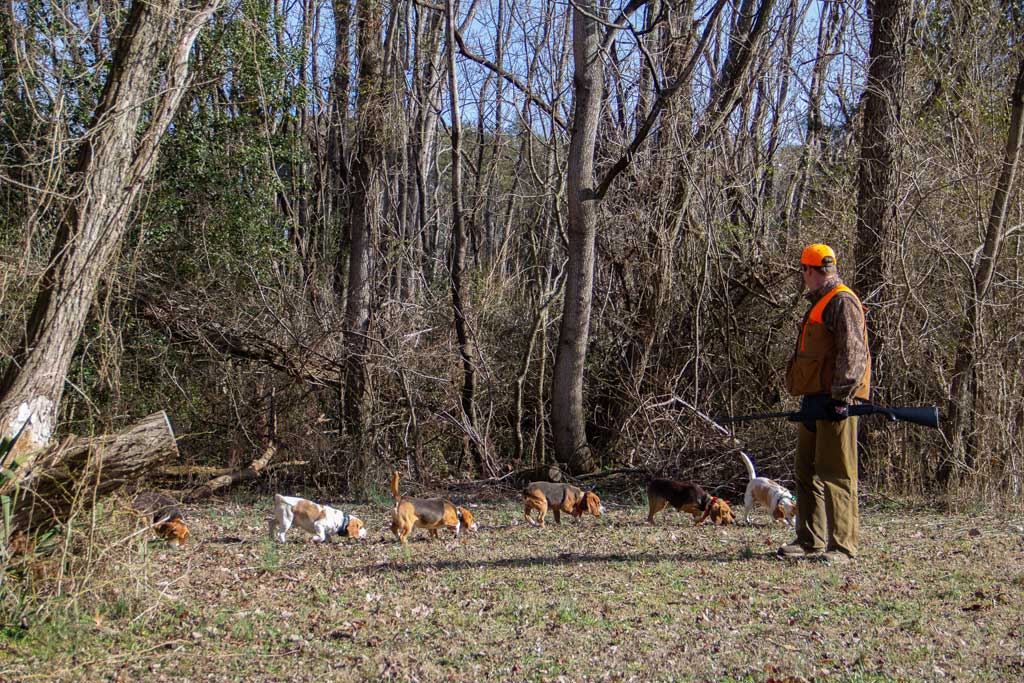
Rabbit Hunting for New Hunters
Rabbit hunting is a great way to introduce young and novice hunters to the sport because it’s engaging, less intimidating and exciting, especially once the dogs start running a rabbit. But if you don’t have dogs to hunt with, these elements still hold true. Once a rabbit starts running when dogs are chasing it, it usually makes a giant loop around an area back to the area in which it was jumped. This gives the hunter a chance to predict the rabbit’s path and set up for the shot. Each stage of the hunt involves some type of activity. Rabbit hunting teaches many different foundational skills to hunting, including safety, while offering excitement, which brings us to our next point.
It’s also a chance to take along hunters too young to carry a shotgun. Not only will they have a good time, but you will have ample opportunities to teach them the basics of hunting in a group. You can also explain why you're hunting where you are, what type of cover rabbits prefer and how conservation is important to our sport. They will only remember some things you say, but the more opportunities you have to reinforce safety basics, the better.
READ NEXT: Rabbit Hunting 101: 6 Tips to Get Started
Rabbit Hunting for a Hunting Foundation
Another reason why you should rabbit hunt is because it provides great practice and develops hunting skills like shooting at a moving target, understanding behavioral patterns of animals to better determine when and where your best chance at killing them is and understanding and practicing safety precautions when hunting with others — all of which are some of the most important skills to have as a hunter. Rabbit hunting is a great foundation to living the hunting lifestyle.
Try starting young hunters off with a single-shot shotgun. It will teach them to wait on a good shoot, to make that shot count and it's a little easier on the pocketbook. You can also teach them to mark their kill so that it's easier to retrieve. Unless, of course, you have dogs. Even then, there are lessons to learn when hunting with dogs. Once you're back at camp, take the time to teach them to skin the rabbits. They will soon learn there is more to rabbit hunting than killing a cottontail.
We often get caught up in teaching young hunters the basics of hunting that we overlook teaching them about the legal side of hunting. Before hunting season, take the time to explain the season dates and the hunting regulations for your state. They should also learn that they need a hunting license, what the bag limits are and the difference between hunting on public land versus private land. All these talks will help them someday when they take their hunter education courses. The strategy, of course, is to make them responsible hunters who someday pass it on to their kids.
It’s Good for the Trees
Rabbits are known for causing damage to young sapling trees, including pine, maple and various fruit trees. When rabbits eat bark until the tree is bare, this is called “girdling,” and this results in damage or death of the tree. This can be especially detrimental to replanted young forest plantations, gardens and orchards where large rabbit populations exist. Thinning the rabbit population can help alleviate damage to these areas, and some landowners might be willing to allow rabbit hunting if rabbits are causing a problem.
This is a great time to take young hunters along when asking permission. They will learn to respect others' property, how to ask for access and that hunting is a privilege that can be denied if you don't treat the farmer's place with care. Besides, who can turn down a kid in camouflage coveralls?
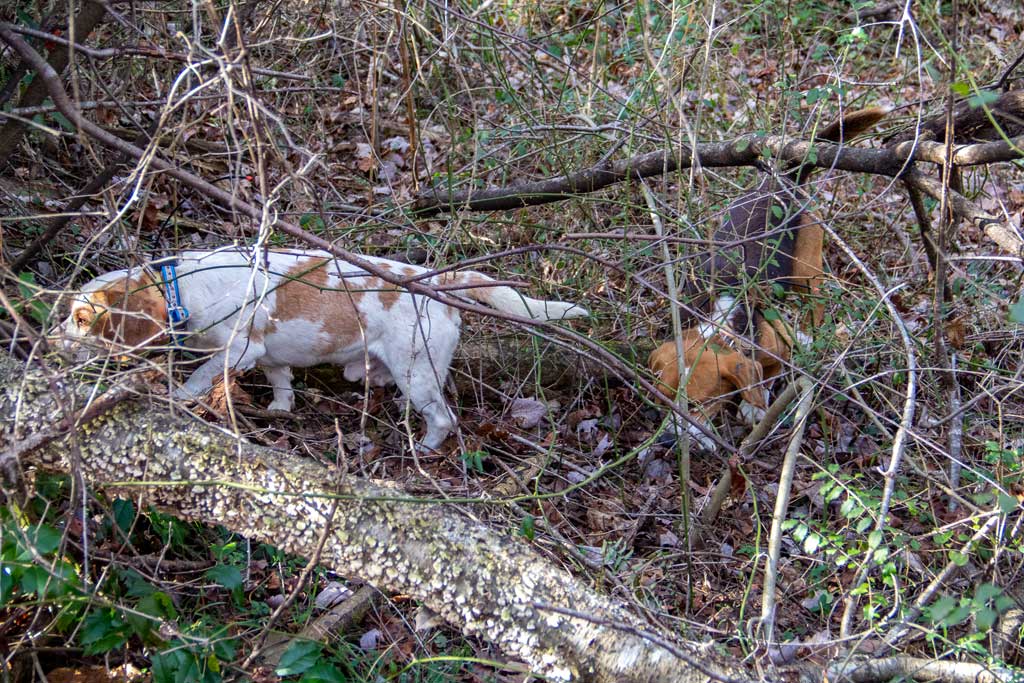
Rabbit Meat Makes Great Wild Game Dinners
Rabbit doesn’t have to taste bad. Despite the opinions of some, if prepared properly, rabbit can be a delectable choice of fare. Smoked, fried, roasted or slow-cooked – they’re all great options. Just make sure the meat is cooked through, and that you follow appropriate health guidelines.
If you’re getting antsy waiting for turkey season to get here, grab some friends and get after some rabbits this season. Teach the young hunters and enjoy the older hunters. If you don’t have dogs to help on the endeavor, you might have to beat some bushes and stomp on some wood piles a little more, but a shotgun with a pocket full of shells will work just fine. It’ll surely be a good time, especially once you bust that first bunny out of the brush.
















